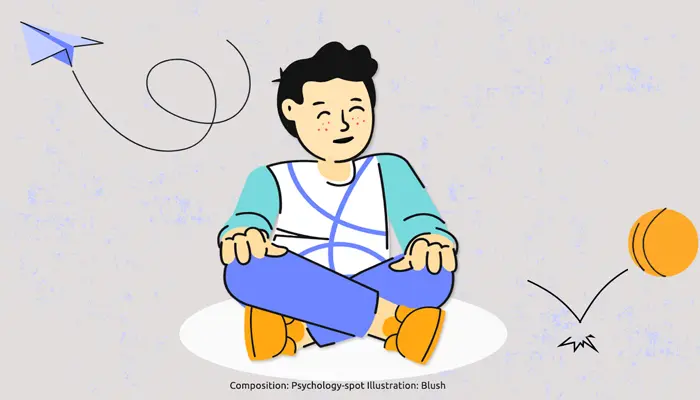
Aristotle taught at the Lyceum, a space located in the forest, near a sanctuary, which had a covered gallery and was surrounded by trees. The philosopher walked through that gallery while arguing with his disciples.
When I studied at the University, one of the classes that I enjoyed the most and of which I keep the best memories, were those in which a teacher sui generis took the whole group of students to a green area of the campus, full of trees.
Unfortunately, those examples are anecdotal. Outdoor lessons are rare. Enclosing the students between the four walls of the classroom is the expression of a society that has completely distanced itself from nature, feeling itself superior. It is the educational model that we have used for decades, but it is not the most effective.
The 3 big “obstacles” to outdoor lessons that are myths without a base
The modern teaching system resists the idea of teaching into nature because it clings to a series of supposed obstacles that are actually myths without any foundation.
One of those myths refers to the belief that students cannot concentrate and pay attention when they receive lessons in nature. However, the truth is that several studies show exactly the opposite. It has been shown that the simple fact of having a view from the window to a tree-lined street or a green park has positive effects on students’ attention, concentration and working memory. The key is that natural landscapes help us restore attention, producing a kind of “delicate fascination” that allows us to refresh the mind.
The second great myth is derived from the first: since the students are distracted, they lose interest and motivation for the lesson. There is no doubt that motivation is a decisive factor for learning, but precisely outdoor lessons have been related to a higher level of commitment and enjoyment of learning. A study conducted at the University of Minnesota found that outdoor classes in elementary school children encourage greater interest in school and learning in general. A study conducted at the University of Linköping found that lessons in natural environments enhance the intrinsic motivation for learning, also in adolescents.
The third great myth is a consequence of the previous ones, it is thought that students behave worse in outdoor classes. As a matter of fact, it is the opposite. An experiment conducted recently at the University of Illinois in which have participated 300 students, half of which received outdoor lessons in a natural environment, showed that teachers could teach twice as much time without being interrupted by some bad behavior of the students or to ask them to pay attention. In addition, these classes improved significantly the student participation, as well as their level of attention and motivation with the learning.
Let’s tear down the walls: Less stress is synonymous with more learning
Educating into nature, whenever possible, helps the students get rid of the oppression that the four walls of the classroom often generate, as well as the tensions of a situation that is often perceived as imposed, obligatory and, in general, any other adjective that is antonym of enjoyment.
However, high levels of stress are an indicator of poor academic performance. On the contrary, psychologists from the University of Stavanger have found that outdoor lessons help to reduce the amount of cortisol in blood, in addition to decreasing the heart rate in students and helping them to feel more relaxed and at ease.
So, why do not we go out and give more lessons outside the classroom? Or better yet, why do not we turn any scenario into a classroom?
Perhaps to education occurred the same that to all social systems that, once implanted, seem to acquire a life of their own, becoming stagnant and resistant to change.
Perhaps we have forgotten that “It is the supreme art of the teacher to awaken joy in creative expression and knowledge”, according to Albert Einstein.
Perhaps we have also forgotten that “teaching children to count is fine, but teaching them what counts is best”, according to Bob Talbert.
May this article be useful to refresh our memory.
Sources:
Kuo, M. et. Al. (2018) Do Lessons in Nature Boost Subsequent Classroom Engagement? Refueling Students in Flight. Front. Psychol; 8: 2253.
Dettweiler, U. et. Al. (2017) Stress in school. Some empirical hints on the circadian cortisol rhythm of children in outdoor and indoor classes. Int. J. Environ. Res. Public Health; 14: 475.
Li, D. & Sullivan, W. C. (2016) Impact of views to school landscapes on recovery from stress and mental fatigue. Landsc. Urban Plan; 148: 149–158.
Fägerstam, E. & Blom, J. (2012) Learning biology and mathematics outdoors: effects and attitudes in a Swedish high school context. J. Adventure Educ. Outdoor Leadersh; 13: 56–75.
Ernst, J. & Stanek, D. (2006) The prairie science class: a model for re-visioning environmental education within thenational wildlife refuge system. Hum. Dimens. Wildl; 11: 255–265.
Kaplan, S. (1995) The restorative benefits of nature: toward an integrative framework. J. Environ. Psychol; 15: 169–182.



